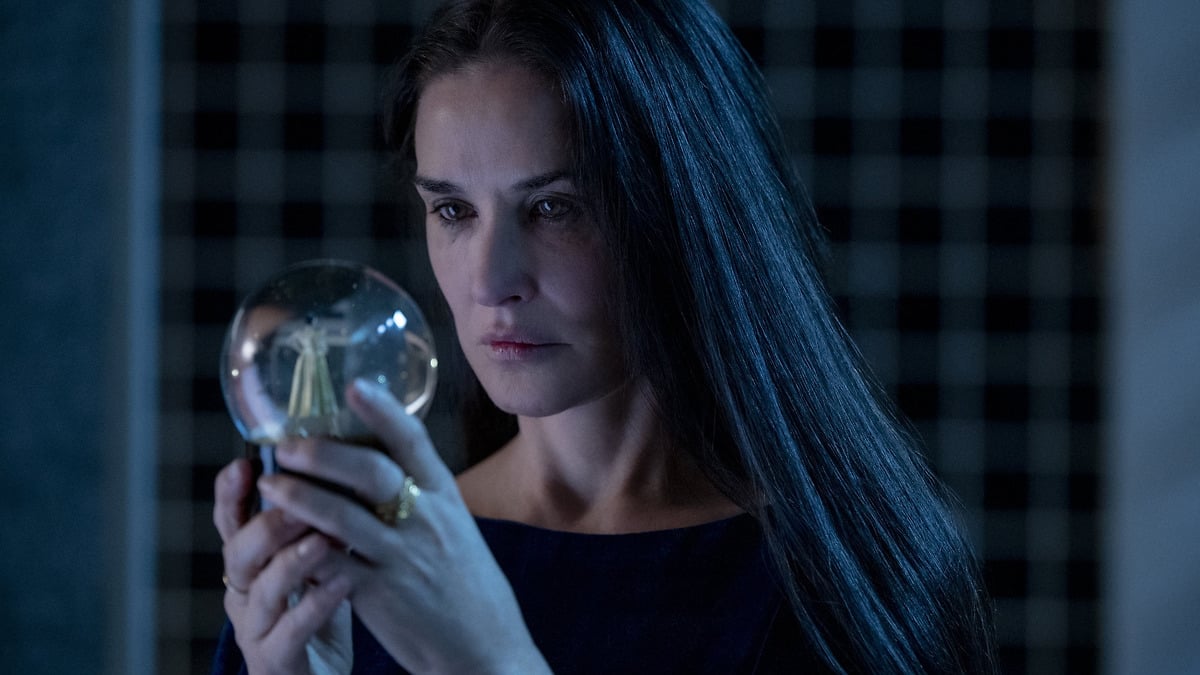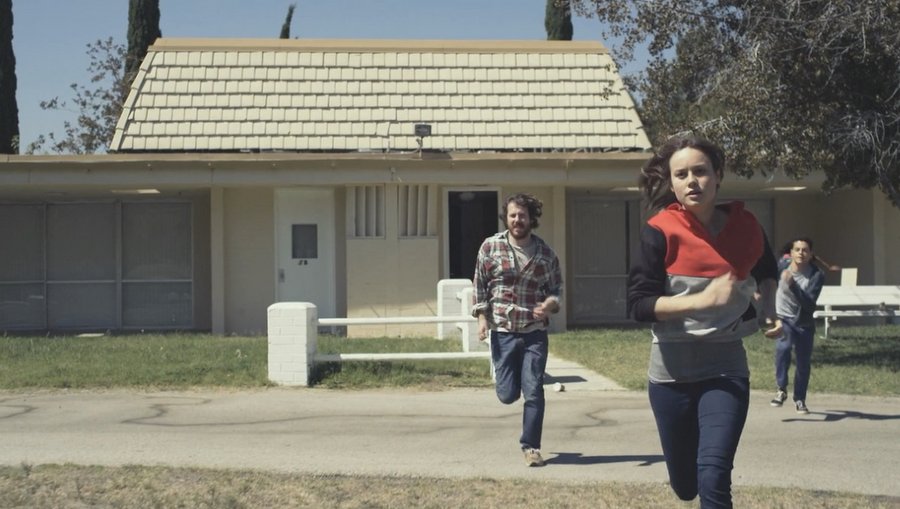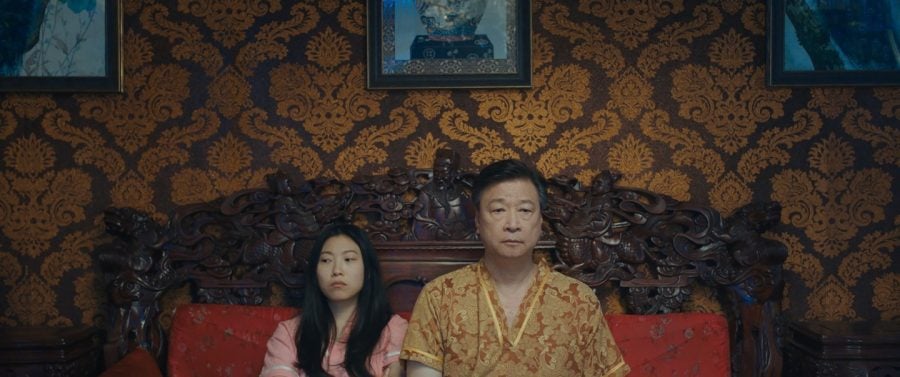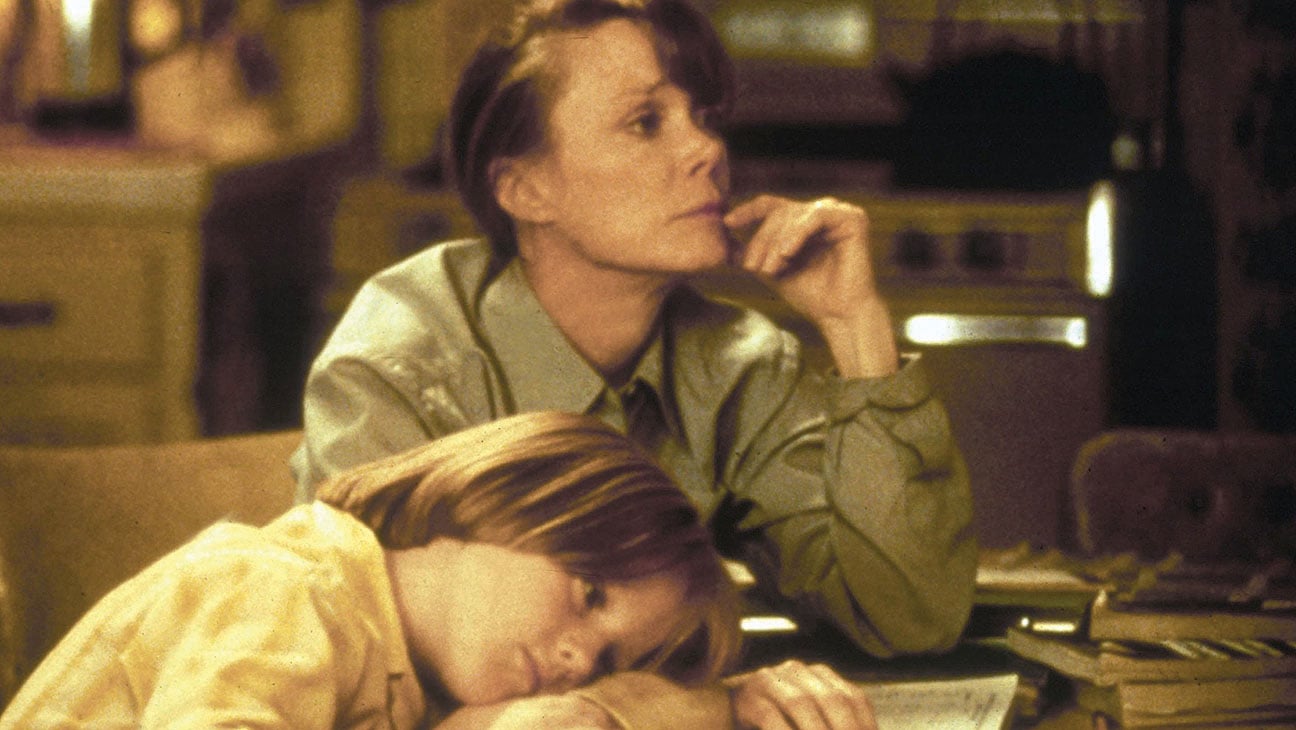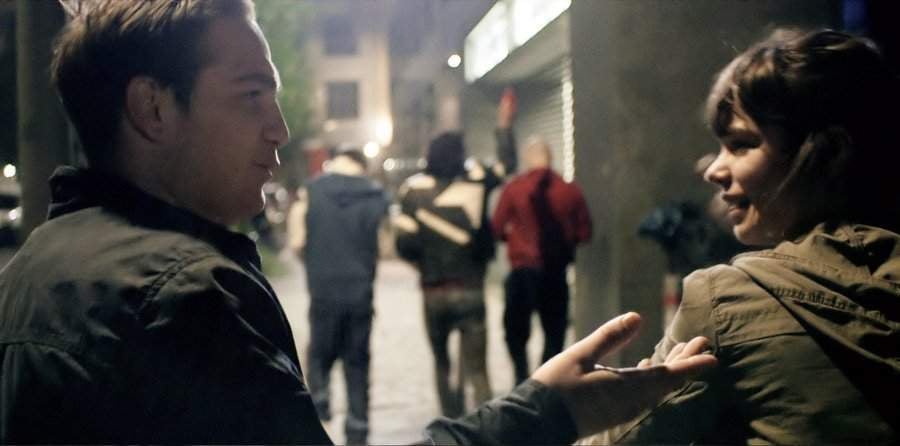
Going to Mars: The Nikki Giovanni Project (2023)
7.0
Movie
7.0
The Staff
TLDR
Poets are rock stars too, and I'm tired of pretending like they aren't!
What it's about
The take
To call Going to Mars a somewhat shapeless documentary isn't a criticism. If anything, its flexibility of structure feels entirely appropriate for the woman at its center, who doesn't necessarily defy categorization so much as she remains on the pulse of history as it continues to shift in unexpected ways. Nikki Giovanni is a person who knows who she is and knows that she stands for the essential dignity of Black people, and it's inspiring to see how she not only remains hopeful and articulate through every critical moment, but that she insists on being ambitious for what Black people deserve to achieve in the future. As her son tells her at a speaking engagement, Giovanni doesn't just dream of going to space; she feels that it is her people's imperative to be there.
Directors Joe Brewster and Michèle Stephenson tell her (still ongoing) life story in a strikingly impressionistic way—cleverly playing with archival footage, but more importantly having Giovanni's candid words blending seamlessly into her poetry. This is a credit to how connected to the milieu Giovanni's work actually is, of course, but the film does a very good job defining her as someone who can bring beauty and grace out of every experience.
What stands out
One of the most moving instances of Giovanni's wisdom occurs not at a significant political rally or large-scale event, but at another speaking engagement soon after a close relative of hers passes away. Without missing a beat, Giovanni manages to inform her audience of what's happened to her, and immediately finds a way to bring disarming humor to the situation. She doesn't lose sight of the political in the personal, and the poetry in the political—and all throughout she projects an image of both vulnerability and strength, the kind that's made her an icon for generations of Black Americans.
Comments
Add a comment
Your nameYour comment
UP NEXT
UP NEXT
UP NEXT
Curated by humans, not algorithms.

© 2024 agoodmovietowatch, all rights reserved.


